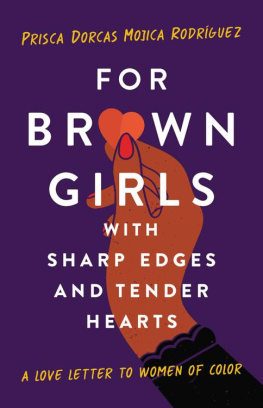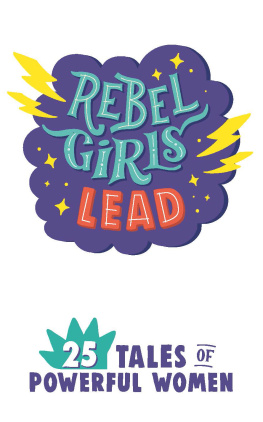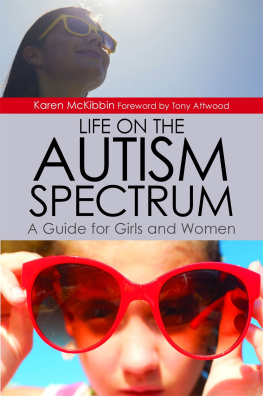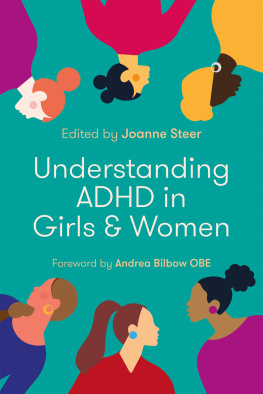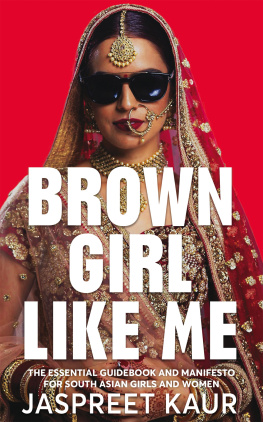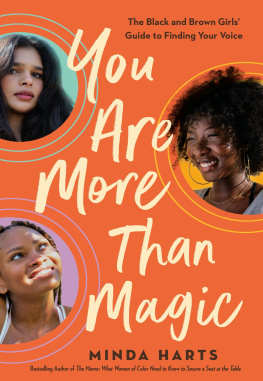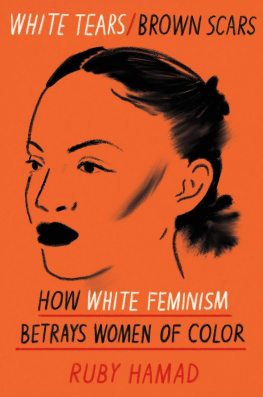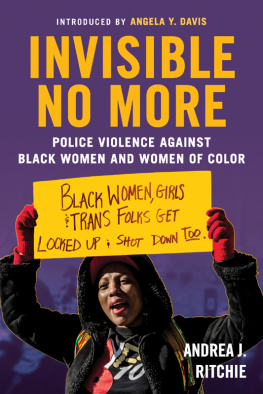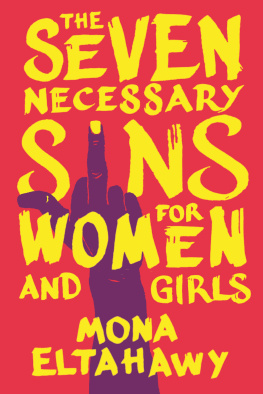Some names and identifying details have been changed.
Copyright 2021 by Prisca Dorcas Mojica Rodrguez
Cover design by Ann Kirchner
Cover images Bibadash / Shutterstock.com; Mary Long / Shutterstock.com
Cover copyright 2021 Hachette Book Group, Inc.
Hachette Book Group supports the right to free expression and the value of copyright. The purpose of copyright is to encourage writers and artists to produce the creative works that enrich our culture.
The scanning, uploading, and distribution of this book without permission is a theft of the authors intellectual property. If you would like permission to use material from the book (other than for review purposes), please contact permissions@hbgusa.com. Thank you for your support of the authors rights.
Seal Press
Hachette Book Group
1290 Avenue of the Americas, New York, NY 10104
www.sealpress.com
@sealpress
First Edition: September 2021
Published by Seal Press, an imprint of Perseus Books, LLC, a subsidiary of Hachette Book Group, Inc. The Seal Press name and logo is a trademark of the Hachette Book Group.
The Hachette Speakers Bureau provides a wide range of authors for speaking events. To find out more, go to www.hachettespeakersbureau.com or call (866) 376-6591.
The publisher is not responsible for websites (or their content) that are not owned by the publisher.
THE HOLY BIBLE, NEW INTERNATIONAL VERSION, NIV Copyright 1973, 1978, 1984, 2011 by Biblica, Inc. Santa Biblia, NUEVA VERSIN INTERNACIONAL NVI Copyright 1999, 2015 by Biblica, Inc.Used by permission. All rights reserved worldwide.
Library of Congress Cataloging-in-Publication Data
Names: Mojica Rodrguez, Prisca Dorcas, 1985- author.
Title: For brown girls with sharp edges and tender hearts: a love letter to women of color / Prisca Dorcas Mojica Rodriguez.
Description: New York: Seal Press, 2021. | Includes bibliographical references. |
Identifiers: LCCN 2021016112 | ISBN 9781541674875 (hardcover) | ISBN 9781541674868 (ebook)
Subjects: LCSH: Mojica Rodrguez, Prisca Dorcas, 1985- | Nicaraguan American womenBiography. | RacismUnited States. | United StatesRace relations | Minority womenUnited StatesConduct of life. | Nicaraguan AmericansRace identity. | Indigenous peoplesEthnic identity. | Immigrant studentsUnited StatesBiography. | Christian womenUnited StatesBiography. | Coming of age.
Classification: LCC E184.N53 M65 2021 | DDC 305.48/8073dc23
LC record available at https://lccn.loc.gov/2021016112
ISBNs: 978-1-5416-7487-5 (hardcover), 978-1-5416-7486-8 (ebook)
E3-20210730-JV-NF-ORI
CONTENTS
- CHAPTER 1
VOLUNTOURISM - CHAPTER 2
COLORISM - CHAPTER 3
IMPOSTOR SYNDROME - CHAPTER 4
MYTH OF MERITOCRACY - CHAPTER 5
POLITICS OF RESPECTABILITY - CHAPTER 6
TOXIC MASCULINITY - CHAPTER 7
INTERSECTIONALITY - CHAPTER 8
THE MALE GAZE - CHAPTER 9
WHITE FRAGILITY - CHAPTER 10
DECOLONIALITY
For the difficult daughters.
Explore book giveaways, sneak peeks, deals, and more.
Tap here to learn more.

DEAR BROWN GIRL
You are eternal. You have a fire burning inside you, and it comes from your mamis side. Protect your fire, protect that flame. You feel everything and feel nothing. You carry your pain, the pain that comes from asking too many questions, because once youve heard your chains rattle, you cannot unhear them. You persevere for yourself, but also for your mami and your papi, and for your little hermanita who is only now beginning to understand the limitations that our cultura has placed on her.
You are neither here nor there, but everywhere. You carry your cultura in your veins and academia in your heart. You have not forgotten where you come from, but you have learned and earned and maybe even forced your way into spaces not meant for you. You are poderosa like that. You defy the expectations of respectability and you do not seem to caredo you, Brown girl.
Your vocabulary is vast and your wit is sharp. You are unstoppable.
You are going places that no one in your family has ever been and you are fearful of your fearlessness. You belong to no one but are accountable to many. We depend on you. Do not let anyone else tell you differently.
You are groundbreaking. Your parents brag about your brilliance all while exhorting you to be more like their friends daughters, the good obedient daughters who did what they were told. Your parents say this because they do not know what to do with their Brown girl. They have not been able to hold your fire for some time now. But you must hold your parents in your heart as you dismantle the systems that have kept people like them down. They were kept down, but not you, Brown girl. You owe it to them to keep fighting.
Partners have tried to pin you down, they have tried to claim you, but you have resisted because you are not meant to belong to anyone. You belong entirely to yourself.
Your laugh carries liberation in it.
Brown girl, do not let them take away your passion. Because they will try, without any compassion, to keep you down. But remember that without passion you will extinguish, and so to be safe, make sure that you keep others nearby who can pick you up and light you up again.
Because, Brown girl, we need each other.
T his book is my way of democratizing knowledge. Those in power maintain their status by gatekeeping. The halls of power have always been intended for some and locked away from many. You cannot find most of the books that changed my life in a public library; you have to search for them in university libraries. And once you get your hands on those books, they are not meant to be understood by people without at least a college degree. The jargon and the verbosity that is admired by academics is intentionally inaccessible. That inaccessibility is gatekeeping at its finest. If academics made all their theories readily available to you, then how can they stay relevant? If they give you all the resources, they lose power. If they make their sources and vast knowledge easily available to oppressed communities, they lose power. Accessibility is about power, gatekeeping is founded on the protection of power, and to all of that I say: fuck that, because information that can change lives should never be hoarded.
This book is a map, and it can lead to many destinationsinternally, interpersonally, and far beyond. This book is my little kernel of knowledge for you. May it heal you, may it challenge you, may it make you laugh, but most importantly, may it lead you back to you.
Now, before we run this marathon together, lets be sure we begin on the same starting line.
I utilize the word Latinx, instead of Hispanic or the gendered male Latino, to talk about my communities. Hispanic does not include people without Spanish ancestry, and it does not include non-Spanish speakers. I am not utilizing the word Hispanic since it does exclude so many people from Latin America and the Caribbean, including Indigenous communities and Black communities who have not mixed with others. On the other hand, Latino is a gendered term, and like many romance languages, the plural of many of our nouns defaults to a male use of that noun, which centers men. With a positioning like mine, where I am trying to explicitly denounce patriarchy, to then turn around and use a plural term that is male feels contradictory. I use Latinx to encompass the complexities of our countries, and to include women and other genders.

